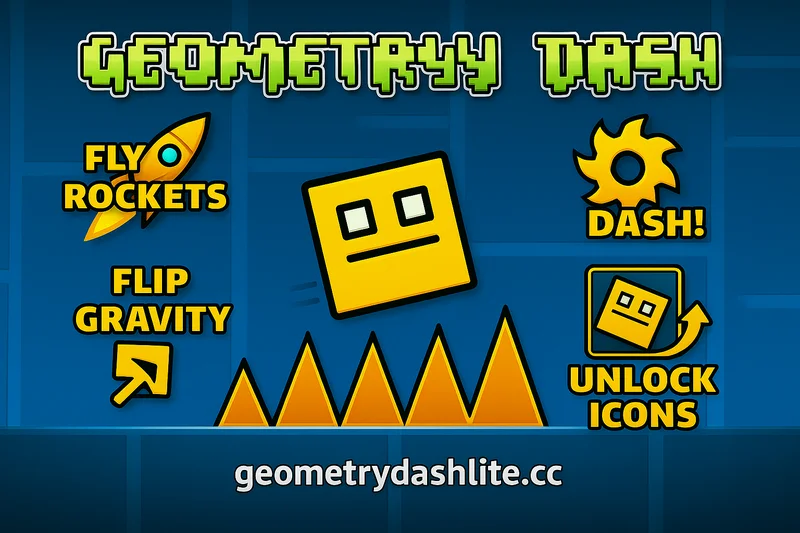Galileo (GLTO): The Quiet AI Breakthrough That Will Define Our Future
It’s not often I’m left genuinely speechless. In my line of work, you see a constant parade of "next-big-things," most of which are just incremental improvements masquerading as revolutions. But last Tuesday, I saw something that felt different. I was watching a private demo from a small, audacious startup called Elysian Labs. On the screen was a woman, a composer who had lost the use of her hands years ago, sitting perfectly still in a chair. And yet, before our eyes, a full orchestral score was materializing on a monitor, note by breathtaking note, while a digital canvas next to it bloomed with colors that swirled into a vibrant landscape. She was doing both. At the same time. Just by thinking.
When I first saw the demo, I honestly just sat back in my chair, speechless. It wasn't just the technology; it was the look of pure, unadulterated joy on her face. This is the kind of breakthrough that reminds me why I got into this field in the first place. This wasn't another app. This wasn't a faster chip. This felt like the moment one of our ancestors first learned to control fire.
The technology is called "Synaptic Weave." The whitepaper is dense, full of quantum mechanics and neurobiology, but the core idea is elegantly simple. It’s a non-invasive headset that uses modulated quantum fields—in simpler terms, it reads the subtle, large-scale electrical harmonies of your brain without ever touching it—and translates your intent directly into digital data. This isn't clunky, one-word brain-computer interfaces of the past. This is a full-bandwidth conversation between your mind and the machine.
Imagine that. No keyboard, no mouse, no screen. Just the pure, unmediated flow of thought.
Beyond a Better Interface
It’s easy to get lost in the immediate, world-changing applications. And believe me, they are staggering. We can talk about restoring mobility and communication to those with paralysis, a goal so profoundly important it would justify the entire endeavor on its own. We can talk about surgeons performing operations with microscopic precision, or pilots flying hypersonic jets as if they were extensions of their own bodies. These are the headlines you’ll see, and they’re fantastic.
But I think that’s selling it short. Focusing only on control, on using our minds to do things, is like seeing the invention of the printing press and only thinking, "Great, now we can make copies of government forms faster." We are missing the point entirely. The real revolution isn't about replacing our hands; it's about liberating our minds.

This technology is a new form of language, perhaps the first truly native language for human imagination. Think of it like a bridge. For all of human history, if you had an idea—a story, a song, a sculpture—you had to force it through the narrow, clumsy bottleneck of your physical body. You had to train your fingers to type, to play an instrument, to hold a brush. Every step was a translation, and in every translation, something was lost. The Synaptic Weave isn't a tool; it's a direct conduit. It’s a way to take the masterpiece that exists fully formed in your mind and pour it, lossless, into the world.
What happens to art when you can paint with feelings? What does music become when you can compose a symphony not note by note, but with the entire emotional arc of the piece at once? What new forms of storytelling will we invent when they are no longer bound by the linear progression of words on a page?
The Coming Renaissance
Of course, the fear-mongers are already sharpening their knives. I saw one headline that read, "Will Mind-Reading Tech Destroy Privacy Forever?" It’s a valid question, but it frames the entire conversation in a context of fear, not potential. We have to be responsible stewards of this power—building in un-hackable safeguards and personal sovereignty from the ground up is not just an option, it's our moral duty. We’ve navigated the complexities of the internet, and we can navigate this, too.
But the most exciting part is seeing the collective gasp of excitement ripple through the communities that get it. I was scrolling through a Reddit thread about Elysian's work, past all the technical debates, and one comment just stopped me in my tracks. It said, "My daughter is non-verbal. She's never been able to tell me what she's dreaming about. Maybe one day, she can show me."
That’s it. That’s the soul of this. The speed of this is just staggering—it means the gap between a silent mind and a vibrant, expressive voice is closing faster than we can even comprehend, and it promises to unlock a level of human connection and creativity we haven't seen since the dawn of civilization. We’re not just on the verge of a technological revolution; we’re standing at the threshold of a human renaissance.
A Symphony in Every Mind
Forget efficiency. Forget productivity. The true promise of this technology is the radical idea that the universe of imagination, poetry, and innovation locked inside every single one of us might finally be set free. We're about to find out that there aren't just a few Mozarts or Da Vincis born every century. There's one inside every single person, just waiting for the right instrument to play.
Related Articles
The HVAC Racket: Repair vs. Replacement and How to Pick a Company That Won't Screw You Over
So, let me get this straight. The Los Angeles Angels, a professional baseball franchise supposedly w...
Robot Ambitions: Solid-State Batteries and AI Chips
Alright, let's talk about Xpeng and their sudden robot obsession. The Guangzhou-based EV maker says...
Alexandria: Goal-Line Stop and Football Season's End
Football, Loss, and a Life Cut Short: The Unfolding Data Alexandria's Quarterfinal Heartbreak: A Sta...
Elon Musk's Pay Package Approved: What the Vote Means and Reddit's Take
Tesla's Cookie Conundrum: More Than Meets the Eye NBCUniversal's cookie notice is a seemingly innocu...
Dash: Really?
Okay, so the Portland Thorns clinched a home playoff game. Big freakin' deal. Let's be real, does an...
USPS Launches Informed Delivery App: A Sign of Government Innovation as FEMA Halts Preparedness Grants
The Last Mile, Digitized: Why the New USPS App is More Than Just Package Tracking There's a strange,...





